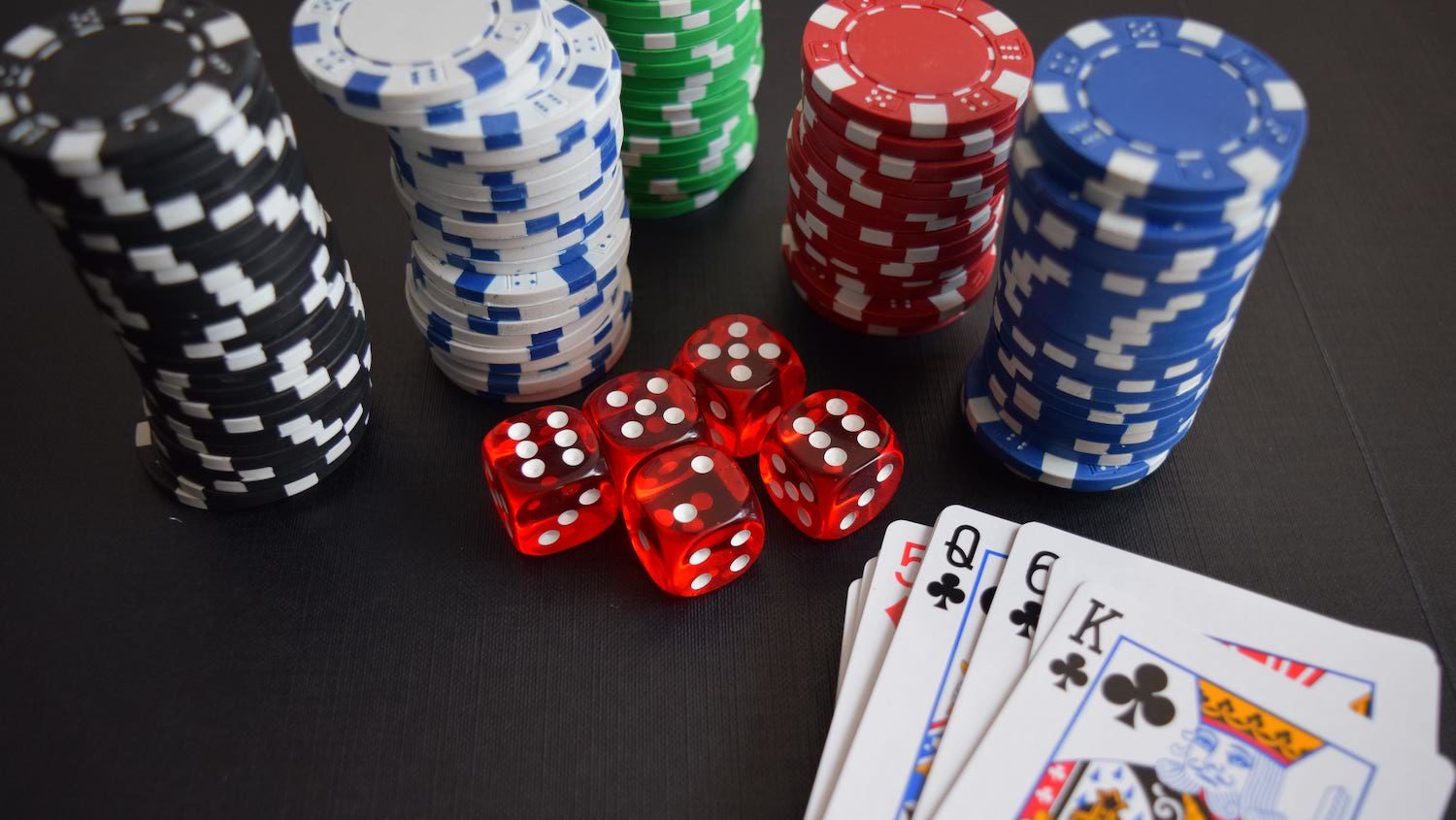Addiction is a brain disorder that is characterized by a compulsive inability to stop engaging in rewarding stimuli, regardless of the consequences, as defined by Medical News Today. The rewarding stimuli can occur as a result of any number of things, including consuming a chemical drug and/ or substance, and/ or partaking in certain activities (i.e. working, eating, sex, gambling…etc.). The physical affects and symptoms of addiction will range and depend on several contributing factors. However, the psychological affects of addiction remain relatively consistent regardless of the type of addiction with which an individual may be struggling. Any individual that struggles with addiction will battle addictive tendencies in many areas of his or her life. Certain pastimes that have been known to be addicting (i.e. gambling) can lead an individual with substance abuse issues down a slippery slope, increasing his or her potential for developing an addiction to another source. The Mayo Clinic asserts that many individual that struggle with compulsive gambling often have substance abuse problems.
Gambling
The risk-taking aspect of gambling can pose a serious problem for individuals that struggle with addiction. While the purpose of gambling is to win money and/ or material goods, gambling, by nature, is committing to a wager without knowing the outcome. In fact, the Diagnostic and Statistical Manuel of Mental Disorders, 5th Edition (DSM-5) include gambling disorder as a non-substance-related disorder. Furthermore, the American Psychiatric Association refers to gambling disorder as a process addiction. This is due to the fact that it is derived from a behavior that an individual becomes psychologically addicted to, as opposed to a substance that which an individual becomes physically addicted.
Signs and Symptoms
The signs and symptoms of compulsive gambling and addiction overlap significantly. Some examples of signs and symptoms that an individual struggling with substance abuse and gambling addiction may exhibit can include any combination of the following:
- Deceptive behaviors
- Money problems
- Consistently preoccupied
- Difficulty maintaining relationships
- Loss of interest in previously enjoyed pastimes
- Increased drug tolerance
- Needing to continuously increase wagers
- Distress (physical, emotional, financial, mental…etc.)
Every individual is different and has the propensity to exhibit different combinations of signs and/ or varying levels of severity of symptoms in association with gambling disorder and/ or drug addiction. The manifestation of symptoms will depend on several contributing factors. For individuals that gamble and struggle with drug addiction these can include, but are not limited to an individual’s personal health history, the presence of any co-morbid disorders, one’s age, the length of time an individual abused drugs, the type of drugs abused, the potency of the substance, the average length of time an individual spends gambling, and more.
The Brain
The areas of the brain that are triggered through gambling are similar to those affected when an individual engages in substance abuse. Neurotransmitters such as dopamine, serotonin and norepinephrine are all stimulated by both substance abuse and gambling. Dopamine works in the brain as a neurotransmitter that helps with the perception of pleasure. An individual that abuses certain substances can increase the release of dopamine in one’s brain, creating a feeling of euphoria (also known as a “rush”). Similarly, an individual that engages in gambling may experience the same increase in dopamine level production and feel a “rush” from winning while gambling. When dopamine is released in one’s brain (regardless of the source) an individual struggling with addiction will continue to seek the stimuli that created the euphoric feeling and return to it regularly. This, in turn, can strengthen synaptic connections creating neural pathways that support one’s addiction within his or her brain.
For Information and Support
If you are concerned for yourself or a loved one in regards to substance abuse and/ or addiction we recommend reaching out for help as soon as possible. If left untreated, substance abuse can result in long lasting and potentially life-threatening consequences. Keep in mind: you are not alone! There is an entire network of professionals that are available to help and support you and your loved one throughout the recovery process. The earlier you seek support, the sooner your loved one can return to a happy, healthy, and fulfilling life.
Please do not hesitate to reach out with any questions regarding our specific program at Haven House Addiction Treatment and/ or general substance abuse and/ or addiction treatment related information. Our highly trained staff is readily available to discuss how we might best be able to help you and your loved one.



